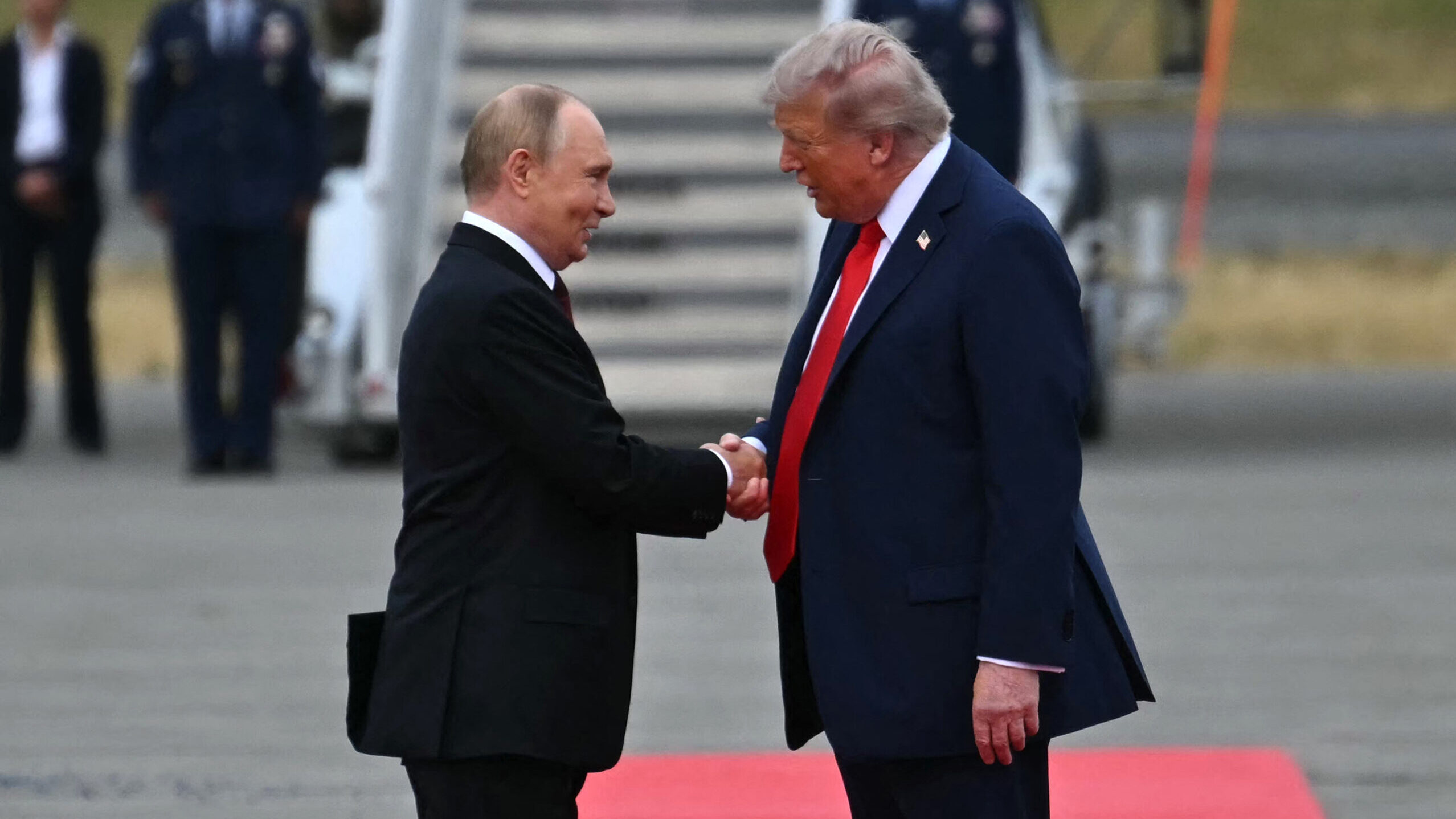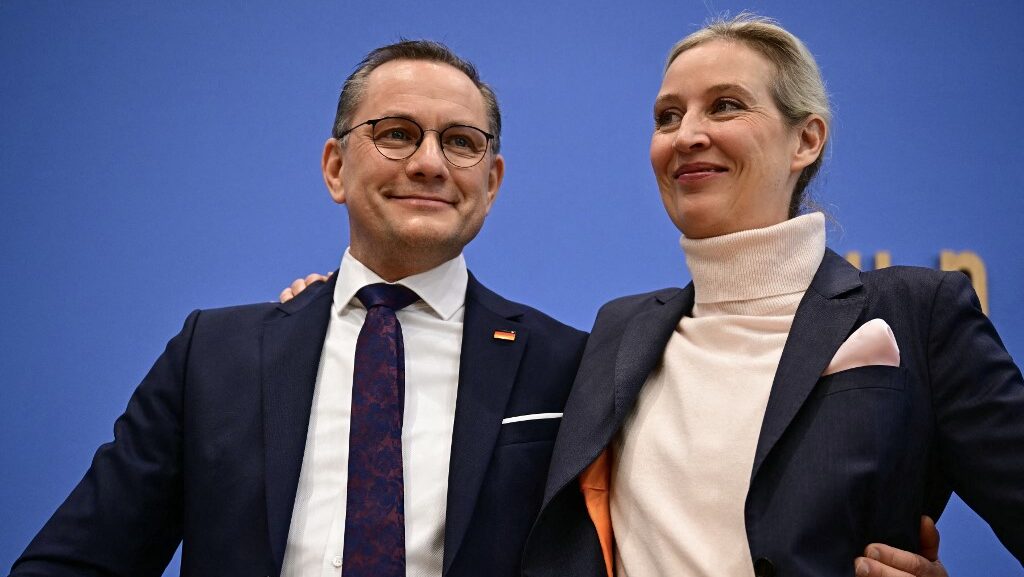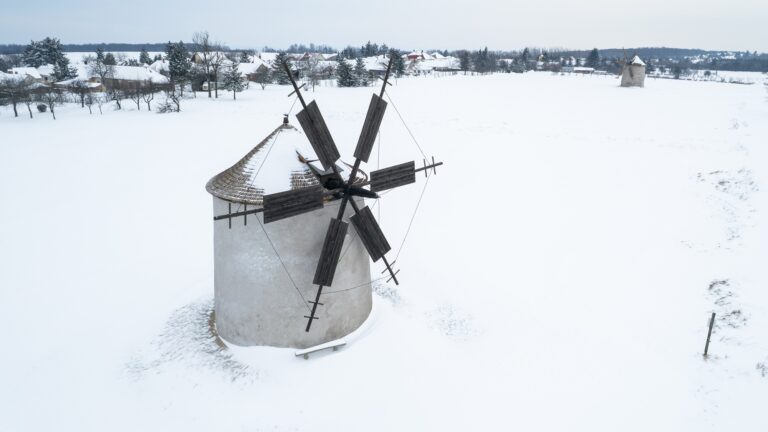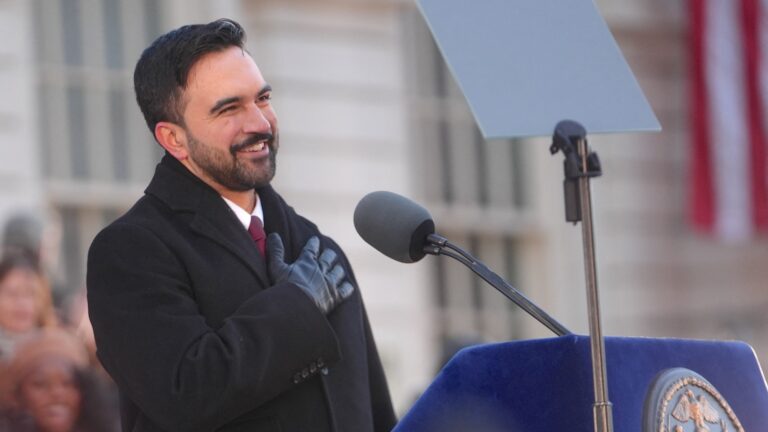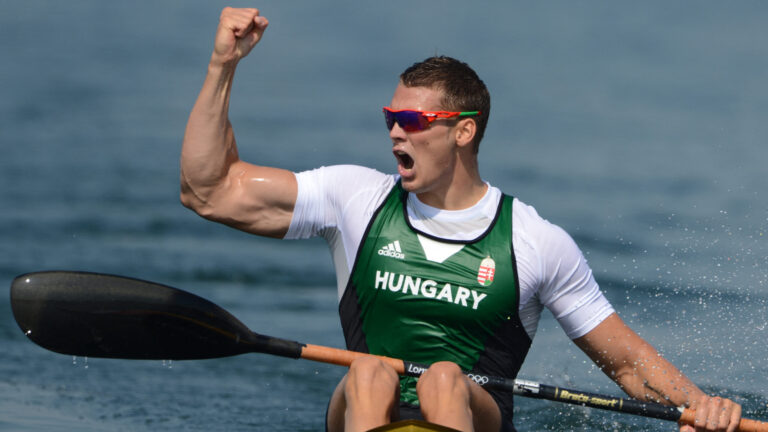Hungarian Minister of Foreign Affairs and Trade Péter Szijjártó spoke with US Deputy Secretary of State Christopher Landau and Russian Foreign Minister Sergei Lavrov in two separate phone calls over the weekend, discussing Friday’s historic Alaska summit between Donald Trump and Vladimir Putin.
According to his posts on X, Szijjártó expressed Hungary’s appreciation for Trump’s effort to achieve peace and for the fact that, despite all the pressure, the meeting went ahead. The foreign minister underlined that Hungary’s position had been clear for the past three and a half years: the country consistently called for a ceasefire and peace negotiations. ‘We hope yesterday’s talks in Alaska will open the way to peace. At the same time, we trust this will not end as it did three and a half years ago, when Western Europeans torpedoed the Istanbul peace agreement. The process launched in Alaska must not be derailed,’ Szijjártó stressed after his phone call with Landau.
Péter Szijjártó on X (formerly Twitter): “Had a call with @DeputySecState Christopher Landau regarding yesterday’s Alaska summit. I expressed Hungary’s appreciation for @realDonaldTrump’s efforts for peace and for the fact that, despite all the pressure, the meeting went ahead.For 3.5 years we have lived in the shadow… / X”
Had a call with @DeputySecState Christopher Landau regarding yesterday’s Alaska summit. I expressed Hungary’s appreciation for @realDonaldTrump’s efforts for peace and for the fact that, despite all the pressure, the meeting went ahead.For 3.5 years we have lived in the shadow…
In his conversation with Lavrov, Szijjártó reaffirmed that Hungary firmly stands on the side of peace. ‘We greatly value that this summit took place, because history is clear: when there is cooperation between the United States and Russia, the world is a safer place,’ he wrote, adding that he hopes all attempts to derail the peace process launched in Alaska will fail.
As Hungarian Conservative reported, Trump and Putin held a three-hour-long conversation on Friday at Joint Base Elmendorf–Richardson in Anchorage, Alaska. Both leaders described the meeting as ‘constructive’ and ‘successful’; however, Trump admitted there was no progress towards a ceasefire agreement—which had been the main goal of the summit.
‘I agree with (US President Donald) Trump that the security of Ukraine must be secured, and of course, we are ready to work on that,’ Putin said, speaking first during the joint press conference on Friday. He added: ‘I hope that the agreement we have reached together will help bring us closer to that goal and will pave the path towards peace in Ukraine.’
Zelenskyy Heads to the White House
In the aftermath of Alaska, Ukrainian President Volodymyr Zelenskyy is scheduled to meet Trump at the White House on Monday. Learning from his first in-person encounter with the US president and his vice president—which ended with him being kicked out of the White House—Zelenskyy brings backup this time. He will be accompanied by European Commission President Ursula von der Leyen, NATO Secretary General Mark Rutte, and several European leaders, including German Chancellor Friedrich Merz and French President Emmanuel Macron. Ahead of the meeting, Zelenskyy and the European leaders reaffirmed their stance on a potential ceasefire agreement, which requires no territorial concessions before a ceasefire and robust security guarantees for Ukraine.
On the latter point, Putin appears to have made serious concessions in Alaska. As Trump’s special envoy Steve Witkoff revealed, the Russian President agreed to ‘NATO-like’ security guarantees for Kyiv—one of Ukraine’s principal demands and one of the reasons the war began more than three years ago. ‘We were able to win the following concession: that the United States could offer Article 5-like protection, which is one of the real reasons why Ukraine wants to be in NATO,’ Witkoff said on Sunday.
‘Putin appears to have made serious concessions in Alaska’
What needs to be hammered out at this week’s talks are the details of those security guarantees, explained Secretary of State Marco Rubio, who also participated in the summit. ‘How that’s constructed, what we call it, how it’s built, what guarantees are built into it that are enforceable—that’s what we’ll be talking about over the next few days with our partners,’ Rubio stressed.
According to Witkoff, Putin also agreed to enact a law preventing Russia from ‘going after any other European countries and violating their sovereignty’. ‘The Russians agreed on enshrining legislatively language that would prevent them—or that they would attest to—not attempting to take any more land from Ukraine after a peace deal, where they would attest to not violating any European borders,’ he pointed out.
Hungary Reads Both the Russian and US Lines
As EU leaders head to Washington on Monday, it is worth noting that Hungary is the only EU member state to have been briefed by both the US and Russia on the results of the Alaska summit. This is particularly significant given that Russian officials are often deliberately vague during negotiations, especially on such weighty matters as ending the war in Ukraine. In practice, this means Hungary alone knows what the Russians truly intend—whether they are merely buying time or serious about concessions—something that could prove decisive in the successful implementation of any deal.
Hungarian Prime Minister Viktor Orbán has long advocated for an EU–Russian summit, which, in his view, would give the European Union real leverage in negotiations and bolster its influence—which at present is minimal—in any eventual settlement. Nevertheless, EU leaders continue to adhere to their policy of prohibiting direct talks with Russia.
Related articles:

